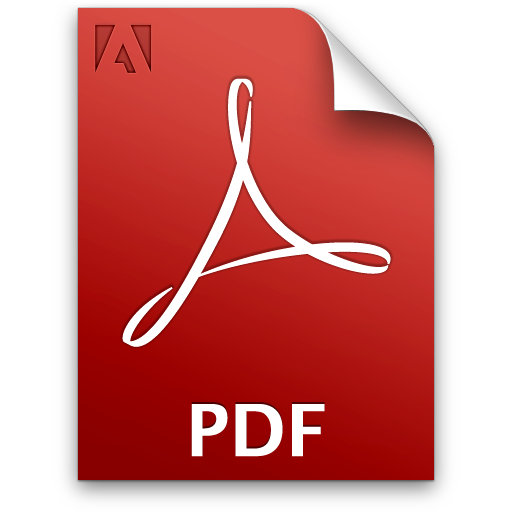STUDYING THEORETIC ENGLISH GRAMMAR: KEY PROBLEMS AND THE WAYS OF THEIR SOLUTION (BASED ON THE STUDY OF THE NOUN)
КOZII Оlhа Bоrysivna –
Candidate of Philologocal Sciences, Associate Professor,
Department of Linguodidactics and Foreign Languages
Kirovohrad Vynnychenko State Pedagogical University
e-mail: [email protected]
Summary
Language is a multifaceted, complex phenomenon which can be studied and described from various points of view: as a psychological or cognitive phenomenon, as a social phenomenon, from the point of view of its historic changes. The following paper deals with the problem of theoretical study of the noun categories. Theoretic English grammar is usually taught after studying General Linguistics. That’s why students can easily refer to the general linguistic terminology. Studying practical grammar students mostly fulfill the tasks translating sentences and filling the blanks by appropriate word forms. But theoretical study demands the ability to explain various phenomena.
Nouns directly name various phenomena of reality and have the strongest nominative force among notional parts of speech: practically every phenomenon can be presented by a noun as an independent referent, or, can be substantivized.
The category of gender in English is a highly controversial subject in grammar.
The category of number presents a classic example of a binary privative grammatical opposition. The category of number in English is expressed by the paradigmatic opposition of two forms: the singular and the plural. The division of the nouns into countable and uncountable is based upon their «quantitative nature». Uncountable nouns can be used either only in the singular or only in the plural; for them the category of number is absolute, or a constant feature category. Students’ attention should be turned to the difference between productive and non-productive as while studying practical grammar non-productive forms were viewed mostly as the exceptions. But students should still remind non-productive paradigms and the following exercise will help them to nail down.
To sum up it should be mentioned that the study of theoretical English grammar must combine learning key terms and reviewing practical skills.
Keywords: theoretic grammar, the noun, number, gender, exercises.
Full text:
REFERENCES
1. Blokh M. A Course in Theoretical English Grammar / M. Blokh. – M., 2000. – 384 p.
2. Chomsky N. Language and Mind / N. Chomsky. – N. Y., 1972. – 142 p.
3. Fries Ch. C. The Structure of English / Ch.Fries. – N.Y., 1952. – 304 p.
4. Ganshina M., Vasilevskaya N. English Grammar / M.Ganshina, N. Vasilevskaya – M., 1964. – 548 p.
5. Illish B. The Structure of Modern English /B.Illish. – L., 1971. – 243 p.
6. Smirnitsky A. Morphology of English /A.Smirnitsky. – М., 1959. – 440 p.
7. Sweet H. A New English Grammar. Logical and Historical / H. Sweet. – Oxf., 1950. – 520 p.




